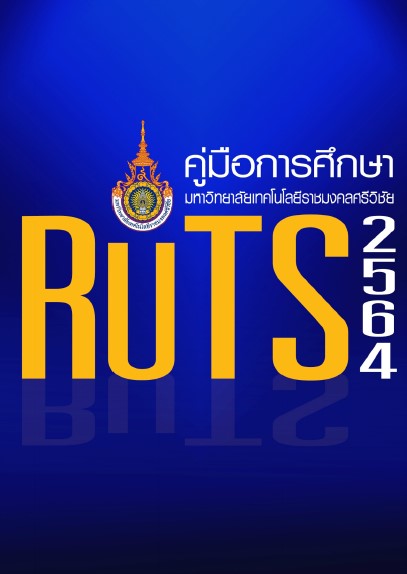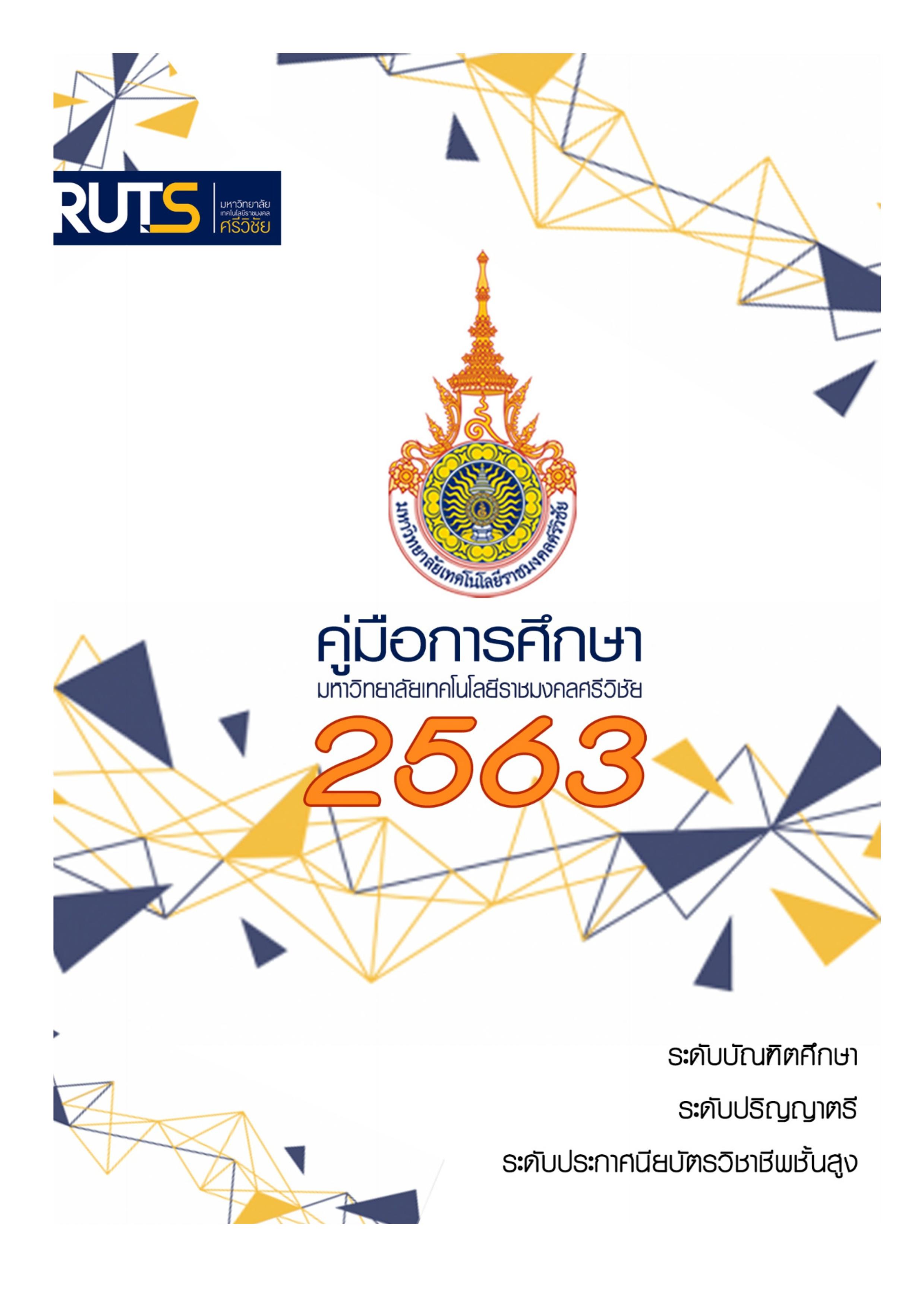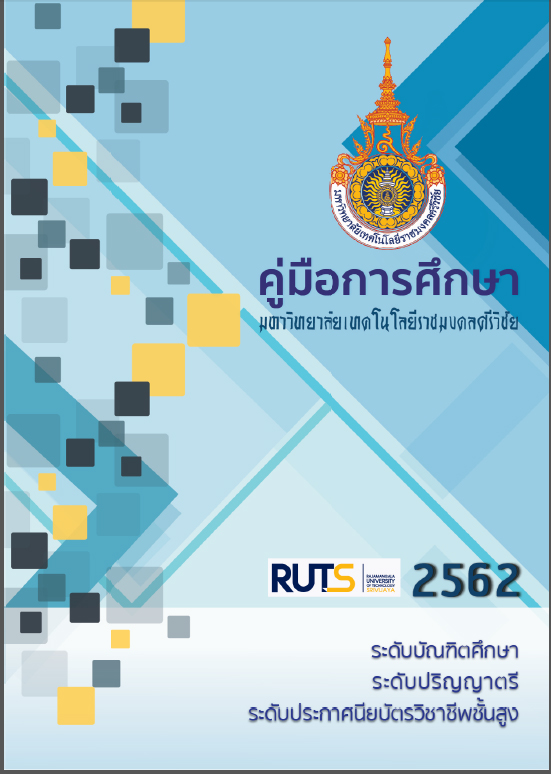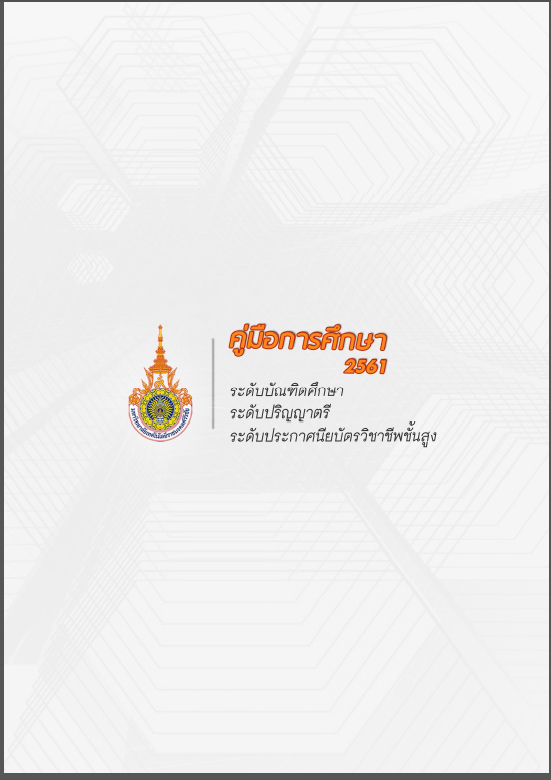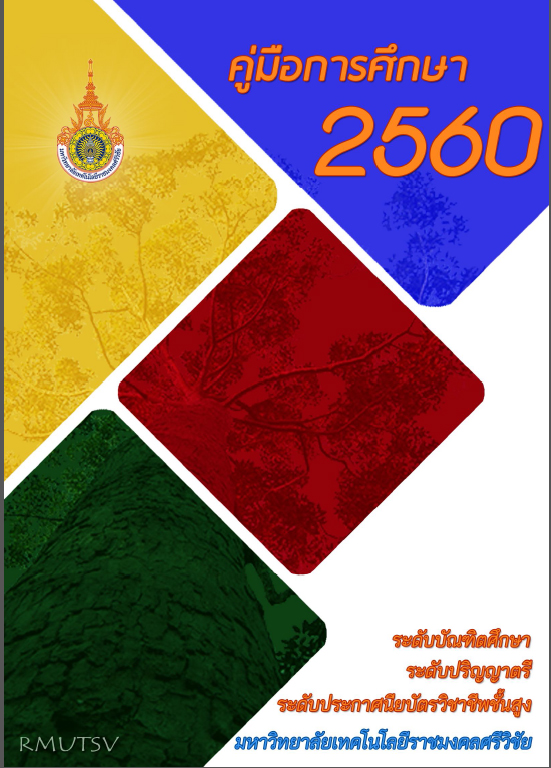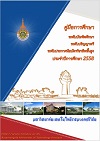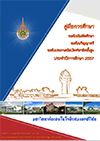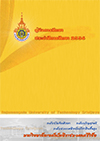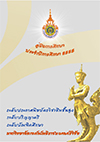

Asst. Prof. Dr. Arkhom Luksanasakul
Head of Curriculum
e-mail : arkhom.j@rmutsv.ac.th

Dr. Suporn Rittipuakdee
Lecturer
e-mail : suporn.r@rmutsv.ac.th

Asst. Prof. Pairote Sangampai
Lecturer
e-mail : pairote.s@rmutsv.ac.th

Asst. Prof. Dr. Parinya Soontornwong
Lecturer
e-mail : parinya.so@rmutsv.ac.th
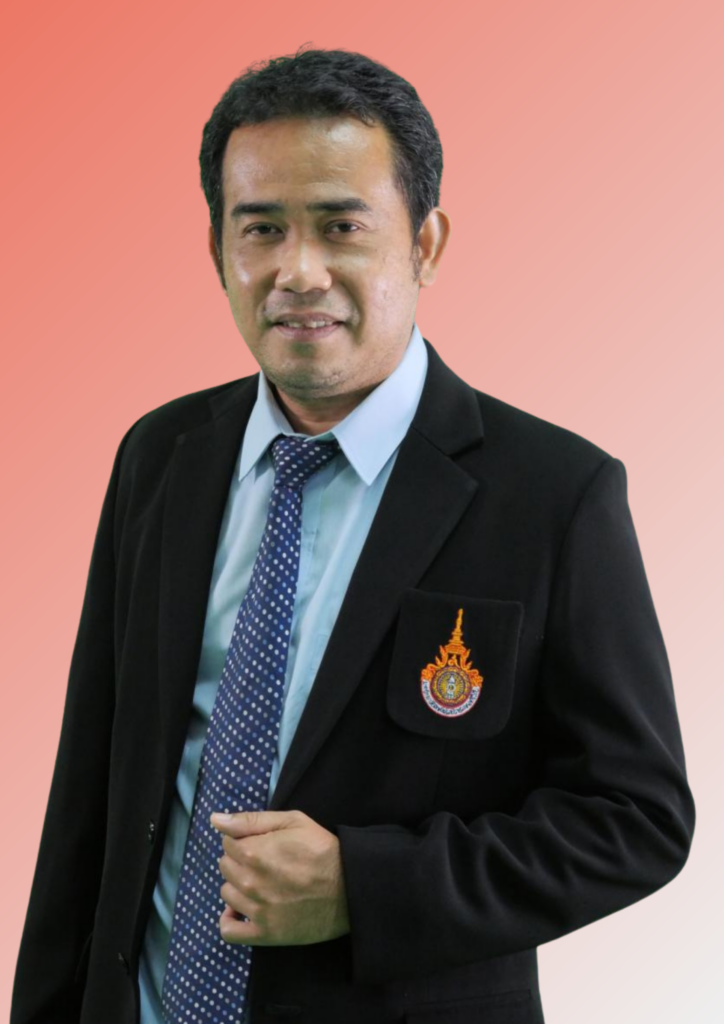
Mr. Santi Karisan
Lecturer
e-mail : santi.k@rmutsv.ac.th

Mr. Santiphong Khongkaeo
Lecturer
e-mail : santiphong.k@rmutsv.ac.th

Mr. Apirun Chanthong
Lecturer
e-mail : apirun.c@rmutsv.ac.th
Bachelor of Engineering Program in Electrical Engineering
If your dream is to study Electrical Engineering, College of Industrial Technology and Management (CIM) is the best choice for your study and for your future in upper southern zone. CIM’s objectives are to produce highly qualified electrical engineers, who are competent in advanced technology, proficient in Practitioner, and able to manage and carry out research in electrical engineering and technology.
Our graduates have worked in multinational and global companies both in the private and public sectors. Some were even recognized in professional circles.
Certificate of Regulation from the Electrical Engineering Profession

1. Program Name
English : Bachelor of Engineering Program in Electrical Engineering
2. Degree Name
Full Name (English) : Bachelor of Engineering (Electrical Engineering)
Abbreviated Name (English) : B.Eng. (Electrical Engineering)
3. Number of credits
149 credits
4. Career Opportunities
- Employees in the workplace, Electrical Engineer
- Government officials, position in Electrical Engineer
- Teachers in Vocational/Technical college
- Private business in Electrical Engineering
5. Program Philosophies and Rationale
- Philosophy
This program aims at producing electrical engineers who possess high caliber in control systems both theoretical and practical, knowledge, creativity, and practical skills in the area of electrical engineering, as well as having integrity and ethics.
- Significance
The program is developed in order to meet the huge demand for competent electrical engineers in the national and international electrical industry, and to support real-world applications at practice level in electrical engineering both domestically and internationally, which will lead to good contributions to the society.
6. Objective
- To educate and foster the students to become electrical engineers with knowledge, creativity, development skills, and practical skills in electrical engineering, as well as having integrity and ethics, to be recognized nationally and internationally.
- To provide a curriculum in electrical engineering which emphasizes hands-on education, with the aim that the students are able to apply the knowledge, the principles, and the techniques in electrical engineering they have learned to develop themselves in their field of specialization at a higher level.
- To apply electrical engineering for the development of the society.
7. Admission Requirements
- Students who graduated from Technical College (or other Vocational Education) in Electrical/Electronics or Measurement
- Students who graduated Matthayomsuksa 6 in Science – Mathematics Program
8. How to apply
- Quota system
- Entrance examination
- TCAS
9. Tuition Fees
14,000 Baht/Semester
10. Admission Period
4 years(8 semesters)
Curriculium (PDF)
Philosophy
This program aims at producing electrical engineers who possess high caliber in control systems both theoretical and practical, knowledge, creativity, and practical skills in the area of electrical engineering, as well as having integrity and ethics.
Student
RUTS, Khanom Area Collaborates to Enhance Blue Crab Population with 7 Million Releases for Environmental Conservation
Hotel and Service Management Program Enhances Students’ Potential by Training Table Skirting Skills
A Remembrance Ceremony on King Chulalongkorn Memorial Day
Department Program College of Industrial Technology and Management
Congratulations RUTS SDGs Rajamangala University of Technology Srivijaya
ประจำปีการศึกษา 2562
ระดับบัณฑิตศึกษา ระดับปริญญาตรี ระดับประกาศนียบัตรวิชาชีพชั้นสูง ปีการศึกษา 2562ขนาด : 57.19 MB
ประจำปีการศึกษา 2561
ระดับบัณฑิตศึกษา ระดับปริญญาตรี ระดับประกาศนียบัตรวิชาชีพชั้นสูง ปีการศึกษา 2561ขนาด : 60.43 MB
ประจำปีการศึกษา 2560
ระดับบัณฑิตศึกษา ระดับปริญญาตรี ระดับประกาศนียบัตรวิชาชีพชั้นสูง ปีการศึกษา 2560ขนาด : 65.85 MB
ประจำปีการศึกษา 2559
ระดับบัณฑิตศึกษา ระดับปริญญาตรี ระดับประกาศนียบัตรวิชาชีพชั้นสูง ปีการศึกษา 2559ขนาด : 81.19 MB
ประจำปีการศึกษา 2558
ระดับบัณฑิตศึกษา ระดับปริญญาตรี ระดับประกาศนียบัตรวิชาชีพชั้นสูง ปีการศึกษา 2558ขนาด : 64 MB
ประจำปีการศึกษา 2557
ระดับบัณฑิตศึกษา ระดับปริญญาตรี ระดับประกาศนียบัตรวิชาชีพชั้นสูง ปีการศึกษา 2557ขนาด : 47.72 MB
ประจำปีการศึกษา 2556
ระดับบัณฑิตศึกษา ระดับปริญญาตรี ระดับประกาศนียบัตรวิชาชีพชั้นสูง ปีการศึกษา 2556ขนาด : 25.78 MB
ประจำปีการศึกษา 2555
ระดับบัณฑิตศึกษา ระดับปริญญาตรี ระดับประกาศนียบัตรวิชาชีพชั้นสูง ปีการศึกษา 2555ขนาด : 25.2 MB
ประจำปีการศึกษา 2554
ระดับบัณฑิตศึกษา ระดับปริญญาตรี ระดับประกาศนียบัตรวิชาชีพชั้นสูง ปีการศึกษา 2554ขนาด : 24.99 MB
RUTS, Khanom Area Collaborates to Enhance Blue Crab Population with 7 Million Releases for Environmental Conservation
Hotel and Service Management Program Enhances Students’ Potential by Training Table Skirting Skills
A Remembrance Ceremony on King Chulalongkorn Memorial Day
Department Program College of Industrial Technology and Management
Congratulations RUTS SDGs Rajamangala University of Technology Srivijaya
RUTS, Khanom Area Collaborates to Enhance Blue Crab Population with 7 Million Releases for Environmental Conservation
Hotel and Service Management Program Enhances Students’ Potential by Training Table Skirting Skills
A Remembrance Ceremony on King Chulalongkorn Memorial Day
Department Program College of Industrial Technology and Management
Congratulations RUTS SDGs Rajamangala University of Technology Srivijaya
RUTS, Khanom Area Collaborates to Enhance Blue Crab Population with 7 Million Releases for Environmental Conservation
Hotel and Service Management Program Enhances Students’ Potential by Training Table Skirting Skills
A Remembrance Ceremony on King Chulalongkorn Memorial Day
Department Program College of Industrial Technology and Management
Congratulations RUTS SDGs Rajamangala University of Technology Srivijaya
RUTS, Khanom Area Collaborates to Enhance Blue Crab Population with 7 Million Releases for Environmental Conservation
Hotel and Service Management Program Enhances Students’ Potential by Training Table Skirting Skills
A Remembrance Ceremony on King Chulalongkorn Memorial Day
Department Program College of Industrial Technology and Management
Congratulations RUTS SDGs Rajamangala University of Technology Srivijaya
RUTS, Khanom Area Collaborates to Enhance Blue Crab Population with 7 Million Releases for Environmental Conservation
Hotel and Service Management Program Enhances Students’ Potential by Training Table Skirting Skills
A Remembrance Ceremony on King Chulalongkorn Memorial Day
Department Program College of Industrial Technology and Management
Congratulations RUTS SDGs Rajamangala University of Technology Srivijaya

College of Industrial Technology and Management
Address: 99 Moo4, Tongnien, Khanom, Nokhon Si Thammarat 80210
Phone: 075-754024-36
Fax: 075-754028
RUTS Songkhla
- Faculty of Industrial Education and Technology
- Faculty of Business Administration
- Faculty of Engineering
- Faculty of Liberal Arts
- Faculty of Architecture
- Rattaphum College
Trang Campus
- Faculty of Science and Fisheries Technology
- College of Hospitality and Tourism
- Faculty of Engineering and Technology


